Enrico Pontelli
New Mexico State University, USA
Proceedings 39th International Conference on Logic Programming
Aug 28, 2023Abstract:This volume contains the Technical Communications presented at the 39th International Conference on Logic Programming (ICLP 2023), held at Imperial College London, UK from July 9 to July 15, 2023. Technical Communications included here concern the Main Track, the Doctoral Consortium, the Application and Systems/Demo track, the Recently Published Research Track, the Birds-of-a-Feather track, the Thematic Tracks on Logic Programming and Machine Learning, and Logic Programming and Explainability, Ethics, and Trustworthiness.
Answer Set Planning: A Survey
Feb 11, 2022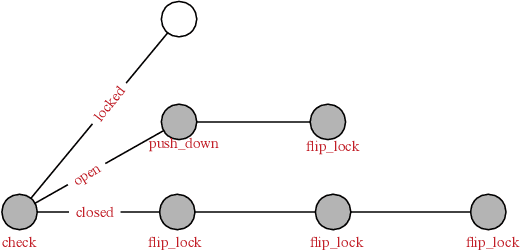


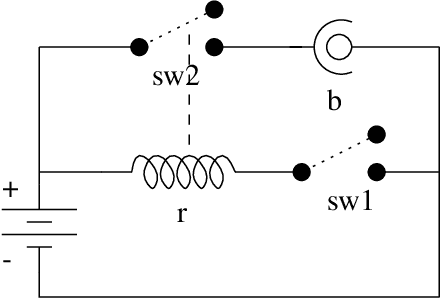
Abstract:Answer Set Planning refers to the use of Answer Set Programming (ASP) to compute plans, i.e., solutions to planning problems, that transform a given state of the world to another state. The development of efficient and scalable answer set solvers has provided a significant boost to the development of ASP-based planning systems. This paper surveys the progress made during the last two and a half decades in the area of answer set planning, from its foundations to its use in challenging planning domains. The survey explores the advantages and disadvantages of answer set planning. It also discusses typical applications of answer set planning and presents a set of challenges for future research.
Parallel Logic Programming: A Sequel
Nov 22, 2021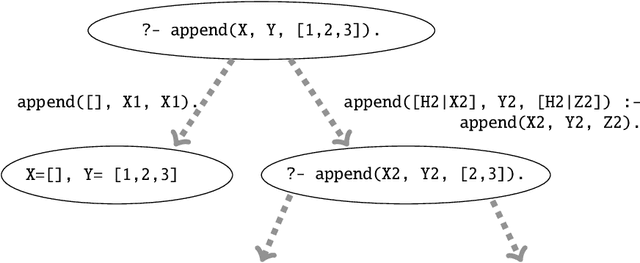
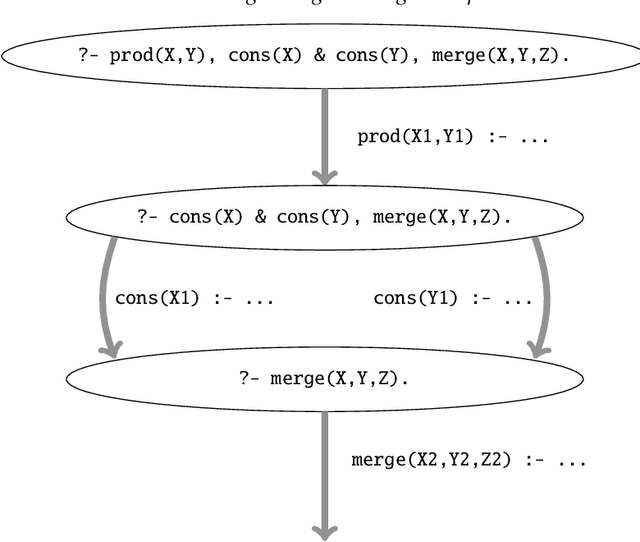
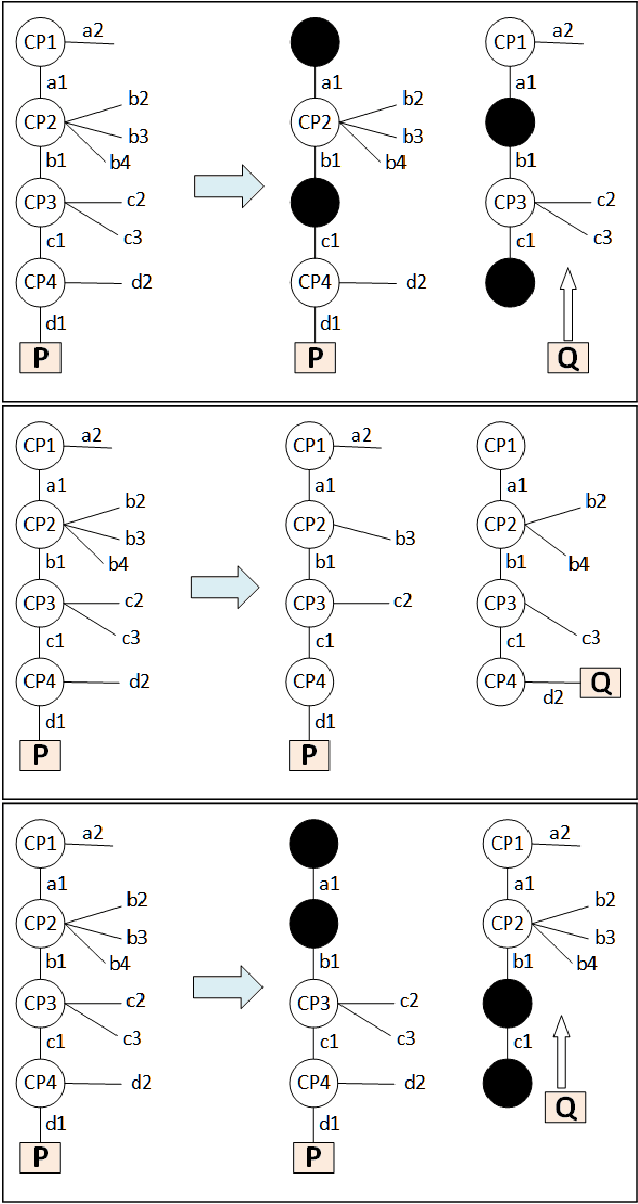
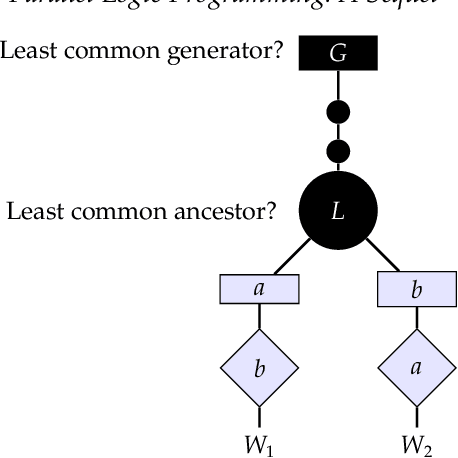
Abstract:Multi-core and highly-connected architectures have become ubiquitous, and this has brought renewed interest in language-based approaches to the exploitation of parallelism. Since its inception, logic programming has been recognized as a programming paradigm with great potential for automated exploitation of parallelism. The comprehensive survey of the first twenty years of research in parallel logic programming, published in 2001, has served since as a fundamental reference to researchers and developers. The contents are quite valid today, but at the same time the field has continued evolving at a fast pace in the years that have followed. Many of these achievements and ongoing research have been driven by the rapid pace of technological innovation, that has led to advances such as very large clusters, the wide diffusion of multi-core processors, the game-changing role of general-purpose graphic processing units, and the ubiquitous adoption of cloud computing. This has been paralleled by significant advances within logic programming, such as tabling, more powerful static analysis and verification, the rapid growth of Answer Set Programming, and in general, more mature implementations and systems. This survey provides a review of the research in parallel logic programming covering the period since 2001, thus providing a natural continuation of the previous survey. The goal of the survey is to serve not only as a reference for researchers and developers of logic programming systems, but also as engaging reading for anyone interested in logic and as a useful source for researchers in parallel systems outside logic programming. Under consideration in Theory and Practice of Logic Programming (TPLP).
Generating explanations for answer set programming applications
Apr 18, 2021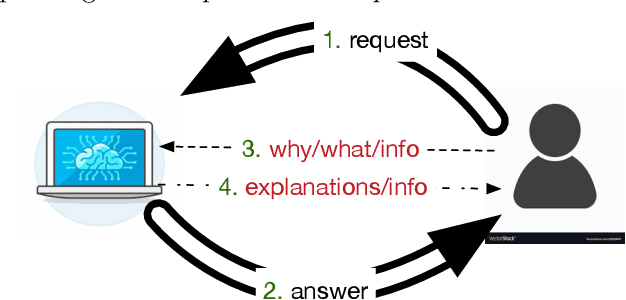

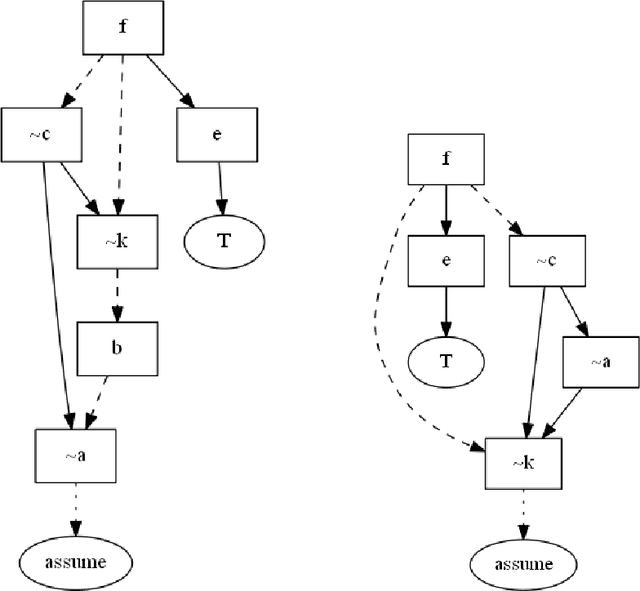
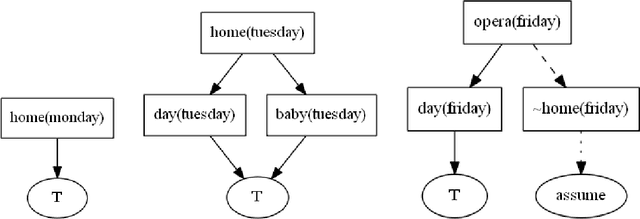
Abstract:We present an explanation system for applications that leverage Answer Set Programming (ASP). Given a program P, an answer set A of P, and an atom a in the program P, our system generates all explanation graphs of a which help explain why a is true (or false) given the program P and the answer set A. We illustrate the functionality of the system using some examples from the literature.
Modelling Multi-Agent Epistemic Planning in ASP
Aug 07, 2020


Abstract:Designing agents that reason and act upon the world has always been one of the main objectives of the Artificial Intelligence community. While for planning in "simple" domains the agents can solely rely on facts about the world, in several contexts, e.g., economy, security, justice and politics, the mere knowledge of the world could be insufficient to reach a desired goal. In these scenarios, epistemic reasoning, i.e., reasoning about agents' beliefs about themselves and about other agents' beliefs, is essential to design winning strategies. This paper addresses the problem of reasoning in multi-agent epistemic settings exploiting declarative programming techniques. In particular, the paper presents an actual implementation of a multi-shot Answer Set Programming-based planner that can reason in multi-agent epistemic settings, called PLATO (ePistemic muLti-agent Answer seT programming sOlver). The ASP paradigm enables a concise and elegant design of the planner, w.r.t. other imperative implementations, facilitating the development of formal verification of correctness. The paper shows how the planner, exploiting an ad-hoc epistemic state representation and the efficiency of ASP solvers, has competitive performance results on benchmarks collected from the literature. It is under consideration for acceptance in TPLP.
Natural Language Generation for Non-Expert Users
Sep 18, 2019
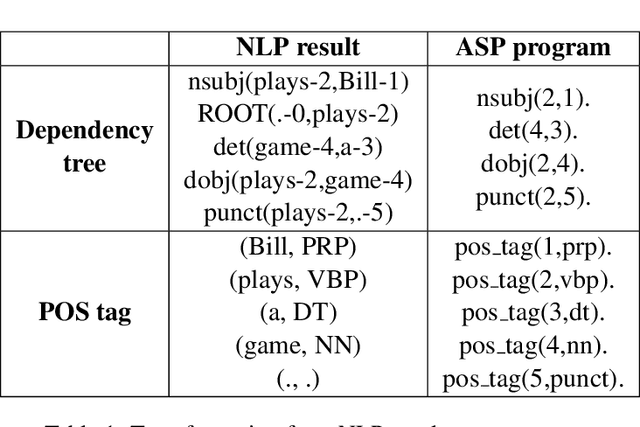
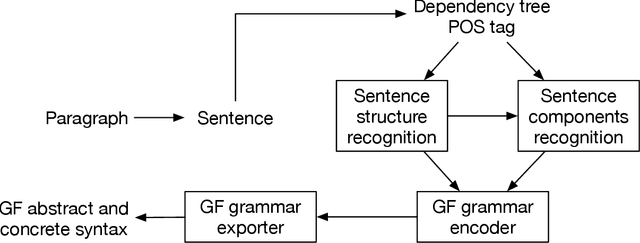
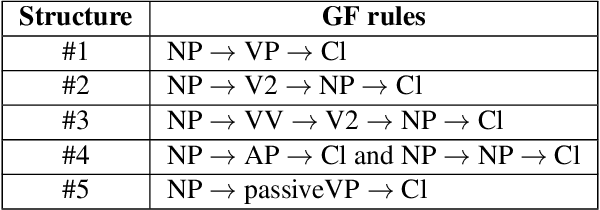
Abstract:Motivated by the difficulty in presenting computational results, especially when the results are a collection of atoms in a logical language, to users, who are not proficient in computer programming and/or the logical representation of the results, we propose a system for automatic generation of natural language descriptions for applications targeting mainstream users. Differently from many earlier systems with the same aim, the proposed system does not employ templates for the generation task. It assumes that there exist some natural language sentences in the application domain and uses this repository for the natural language description. It does not require, however, a large corpus as it is often required in machine learning approaches. The systems consist of two main components. The first one aims at analyzing the sentences and constructs a Grammatical Framework (GF) for given sentences and is implemented using the Stanford parser and an answer set program. The second component is for sentence construction and relies on GF Library. The paper includes two use cases to demostrate the capability of the system. As the sentence construction is done via GF, the paper includes a use case evaluation showing that the proposed system could also be utilized in addressing a challenge to create an abstract Wikipedia, which is recently discussed in the BlueSky session of the 2018 International Semantic Web Conference.
* In Proceedings ICLP 2019, arXiv:1909.07646
Phylotastic: An Experiment in Creating, Manipulating, and Evolving Phylogenetic Biology Workflows Using Logic Programming
May 01, 2018



Abstract:Evolutionary Biologists have long struggled with the challenge of developing analysis workflows in a flexible manner, thus facilitating the reuse of phylogenetic knowledge. An evolutionary biology workflow can be viewed as a plan which composes web services that can retrieve, manipulate, and produce phylogenetic trees. The Phylotastic project was launched two years ago as a collaboration between evolutionary biologists and computer scientists, with the goal of developing an open architecture to facilitate the creation of such analysis workflows. While composition of web services is a problem that has been extensively explored in the literature, including within the logic programming domain, the incarnation of the problem in Phylotastic provides a number of additional challenges. Along with the need to integrate preferences and formal ontologies in the description of the desired workflow, evolutionary biologists tend to construct workflows in an incremental manner, by successively refining the workflow, by indicating desired changes (e.g., exclusion of certain services, modifications of the desired output). This leads to the need of successive iterations of incremental replanning, to develop a new workflow that integrates the requested changes while minimizing the changes to the original workflow. This paper illustrates how Phylotastic has addressed the challenges of creating and refining phylogenetic analysis workflows using logic programming technology and how such solutions have been used within the general framework of the Phylotastic project. Under consideration in Theory and Practice of Logic Programming (TPLP).
Distributed Constraint Optimization Problems and Applications: A Survey
Jan 11, 2018



Abstract:The field of Multi-Agent System (MAS) is an active area of research within Artificial Intelligence, with an increasingly important impact in industrial and other real-world applications. Within a MAS, autonomous agents interact to pursue personal interests and/or to achieve common objectives. Distributed Constraint Optimization Problems (DCOPs) have emerged as one of the prominent agent architectures to govern the agents' autonomous behavior, where both algorithms and communication models are driven by the structure of the specific problem. During the last decade, several extensions to the DCOP model have enabled them to support MAS in complex, real-time, and uncertain environments. This survey aims at providing an overview of the DCOP model, giving a classification of its multiple extensions and addressing both resolution methods and applications that find a natural mapping within each class of DCOPs. The proposed classification suggests several future perspectives for DCOP extensions, and identifies challenges in the design of efficient resolution algorithms, possibly through the adaptation of strategies from different areas.
Accelerating Exact and Approximate Inference for (Distributed) Discrete Optimization with GPUs
Jun 16, 2017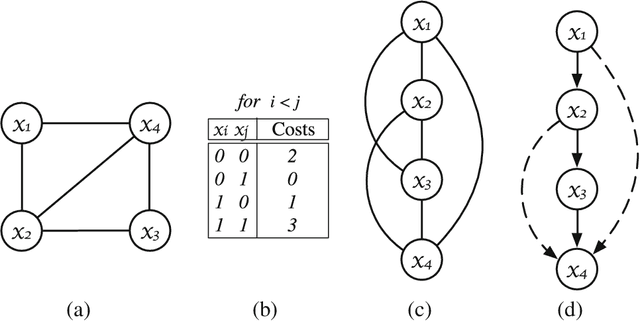
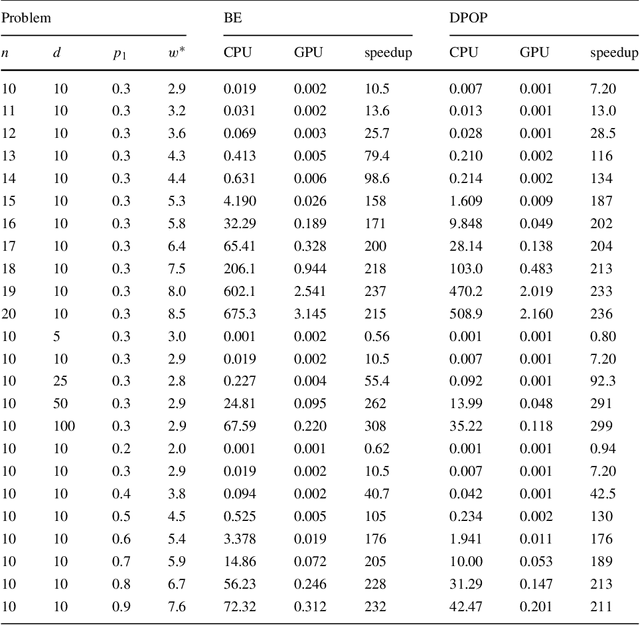
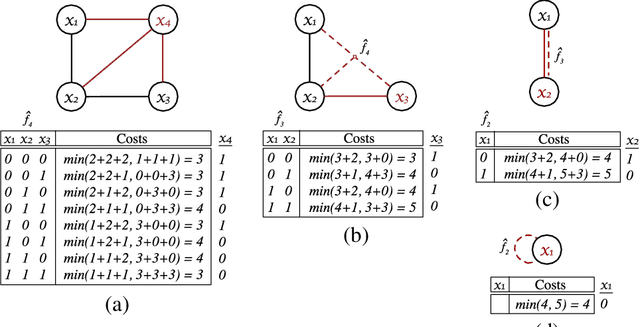
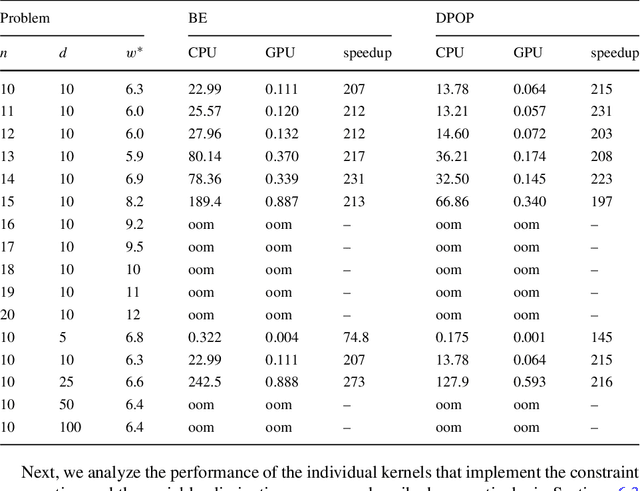
Abstract:Discrete optimization is a central problem in artificial intelligence. The optimization of the aggregated cost of a network of cost functions arises in a variety of problems including (W)CSP, DCOP, as well as optimization in stochastic variants such as the tasks of finding the most probable explanation (MPE) in belief networks. Inference-based algorithms are powerful techniques for solving discrete optimization problems, which can be used independently or in combination with other techniques. However, their applicability is often limited by their compute intensive nature and their space requirements. This paper proposes the design and implementation of a novel inference-based technique, which exploits modern massively parallel architectures, such as those found in Graphical Processing Units (GPUs), to speed up the resolution of exact and approximated inference-based algorithms for discrete optimization. The paper studies the proposed algorithm in both centralized and distributed optimization contexts. The paper demonstrates that the use of GPUs provides significant advantages in terms of runtime and scalability, achieving up to two orders of magnitude in speedups and showing a considerable reduction in execution time (up to 345 times faster) with respect to a sequential version.
Solving Distributed Constraint Optimization Problems Using Logic Programming
May 10, 2017



Abstract:This paper explores the use of Answer Set Programming (ASP) in solving Distributed Constraint Optimization Problems (DCOPs). The paper provides the following novel contributions: (1) It shows how one can formulate DCOPs as logic programs; (2) It introduces ASP-DPOP, the first DCOP algorithm that is based on logic programming; (3) It experimentally shows that ASP-DPOP can be up to two orders of magnitude faster than DPOP (its imperative programming counterpart) as well as solve some problems that DPOP fails to solve, due to memory limitations; and (4) It demonstrates the applicability of ASP in a wide array of multi-agent problems currently modeled as DCOPs. Under consideration in Theory and Practice of Logic Programming (TPLP).
 Add to Chrome
Add to Chrome Add to Firefox
Add to Firefox Add to Edge
Add to Edge